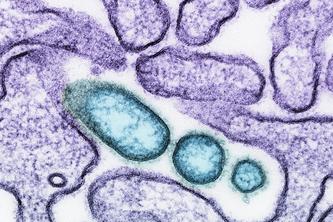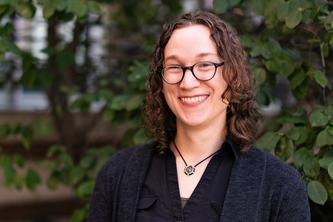
Americans living in rural communities experience higher rates of depression and suicide than people who live in urban areas. These long-standing mental health inequities are attributed to a wide range of factors including affordability, accessibility and lingering stigmas around receiving care.
A new study, published in JAMA Network Open, from the University of Minnesota School of Public Health, U of M Medical School and School of Social Work addresses rural mental health workforce shortages — a longstanding barrier to care — by analyzing the factors that influence where health care professionals choose to practice.
Using survey data collected by the Minnesota Department of Health from February 2022-2023, the study included responses from four groups of mental health care professionals: mental health clinicians who prescribe medications, such as psychiatrists; licensed mental health professionals, including professional clinical counselors; licensed psychologists; and licensed alcohol and drug counselors.
Key findings include:
- Professionals from rural areas were significantly more likely to practice in rural settings. The association between rural upbringing and rural practice location was consistent across all professional groups but was highest among licensed alcohol and drug counselors at 75%.
- The decision to practice in rural areas varies significantly across professions. Licensed alcohol and drug counselors were most likely to practice in rural areas, while psychologists were the least likely.
- The desire for autonomy in their practice was a crucial factor for rural practice among psychologists and other prescribers, which suggests the ability to work independently and make professional decisions is a significant motivator for these groups.
- Financial incentives such as loan forgiveness programs were a critical factor influencing the decision to practice in rural locations, especially for licensed mental health professionals and licensed psychologists.
“There is an urgent need to address the shortages and disparities in mental health care access in rural areas of the U.S.,” said Carrie Henning-Smith, SPH associate professor and lead author. “While there is no one-size-fits-all solution to this challenge, there is a clear need for a targeted and multifaceted recruitment strategy to encourage more people to practice mental health care in rural areas.”
The authors suggest that policy interventions to encourage rural residents to enter the mental health profession should focus on bolstering education, training and licensure pathways and tailoring recruitment strategies to the specific motivations of different professional groups.
The study builds on research the authors published in 2023 focused on the factors associated with health care professionals' decisions about where to practice, and was supported by a Social Justice Rural Health Care Study award from 3M.
About the School of Public Health
The University of Minnesota School of Public Health improves the health and wellbeing of populations and communities around the world by bringing innovative research, learning, and concrete actions to today’s biggest health challenges. We prepare some of the most influential leaders in the field, and partner with health departments, communities, and policymakers to advance health equity for all. Learn more at sph.umn.edu.
About the University of Minnesota Medical School
The University of Minnesota Medical School is at the forefront of learning and discovery, transforming medical care and educating the next generation of physicians. Our graduates and faculty produce high-impact biomedical research and advance the practice of medicine. We acknowledge that the U of M Medical School, both the Twin Cities campus and Duluth campus, is located on traditional, ancestral and contemporary lands of the Dakota and the Ojibwe, and scores of other Indigenous people, and we affirm our commitment to tribal communities and their sovereignty as we seek to improve and strengthen our relations with tribal nations. Learn more at med.umn.edu.
About the College of Education and Human Development
The University of Minnesota College of Education and Human Development (CEHD) strives to teach, advance research and engage with the community to increase opportunities for all individuals. As the third largest college on the Twin Cities campus, CEHD research and specialties focus on a range of challenges, including: educational equity, teaching and learning innovations, children’s mental health and development, family resilience, and healthy aging. Learn more at cehd.umn.edu.
- Categories:
- Health
- Health policy





